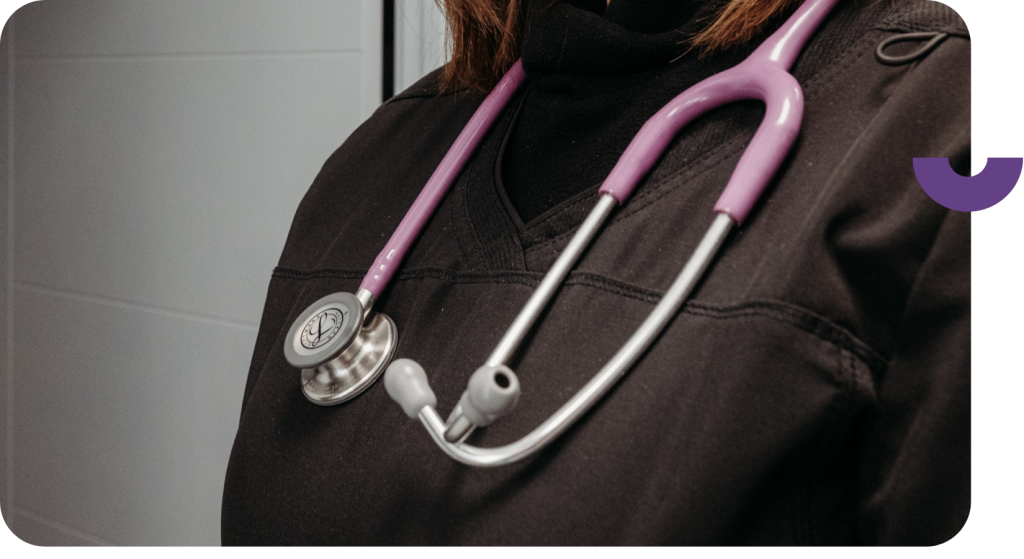Providing physicians with education and supportive resources for authorization and safe use of medical cannabis.
The Cannabis for Medical Purposes (CMP) Program provides physicians with supportive resources and education for safe use of medical cannabis in Alberta patients.

Authorizing cannabis for medical purposes
Federal cannabis regulations and legislation allow patients access to a reasonable amount of cannabis for medical purposes when authorized by a healthcare practitioner.
Physicians who wish to authorize medical cannabis for a patient must register with CPSA as a cannabis authorizer. This can be done via expressing interest to the Cannabis for Medical Purposes program at CPSA through email at air.inquiries@cpsa.ab.ca or the online form.
Education and experiential requirements
There are no educational or experiential pre-requisites.
Physicians are not obligated to authorize cannabis for medical purposes and should base their decisions on a thorough understanding of the patient, as well as established, evidence-based clinical guidelines.
Responsibilities and expectations
Working in a cannabis clinic
When physicians are employed by cannabis clinics merely to act as “authorizers,” the physician-patient relationship can be undermined.
Physicians who work in cannabis clinics must comply with the standards of practice: Cannabis for Medical Purposes, Responsibility for a Medical Practice, Advertising, Patient Record Retention and Conflict of Interest and should be aware of their responsibilities before entering into this type of arrangement.
Individual physicians are responsible for:
- processes used to interview and counsel patients;
- advertising about the indications for medical cannabis;
- information provided about the products;
- clinic fees for providing services; and
- the accurate and secure documentation of the patient record.
If a physician cannot influence the factors above to comply with the standards of practice, s/he should not practice in this clinical setting.
Follow-up expectations
Depending on the patient’s situation, medical history and clinical condition, the appropriate follow-up interval may vary from patient to patient.
It is expected that physicians will assess risks for development of a cannabis use disorder at baseline and continue to monitor for this and safety of ongoing medical cannabis use periodically, at least once every six months. Refer to CPSA’s Cannabis for medical purposes standard of practice and related Advice document for more information.
Register as a medical cannabis authorizer
Physicians who choose to authorize cannabis for medical purposes must register with CPSA.
This information is not shared with the public.

Cannabis authorization FAQs
All FAQsHow do I calculate the production of a limited amount of cannabis for medical purposes?
Refer to Health Canada’s calculator for the production of a limited amount of cannabis for medical purposes.
A patient has requested medical cannabis; however, I do not believe it is an appropriate therapy for their condition. Am I obligated to authorize medical cannabis solely based on patient request?
Physicians are not obligated to authorize cannabis for medical purposes. Physicians must use their knowledge of the patient and evidence-based guidelines to decide whether or not to use (or approve) any therapy for a patient, recognizing that the best interest of the patient is paramount.
Medical cannabis resources
All ResourcesKnowing Your Limits with Cannabis: A Practical Guide to Assessing Your Cannabis Use
Canadian Centre on Substance Use and Addiction (CCSA) Click to view filesMedical Document for Authorizing Medical Cannabis
Health Canada Click to view filesSimplified Guideline for Prescribing Medical Cannabinoids in Primary Care
Click to view filesACMPR Daily Amount Fact Sheet (Dosage)
Health Canada Click to view filesHealth Canada Cannabis Information
Health Canada Click to view filesCalculator for the production of a limited amount of cannabis for medical purposes
Health Canada Click to view filesContact us for more information on cannabis for medical purposes
Phone toll-free: 1-800-561-3899 (in Canada)




















